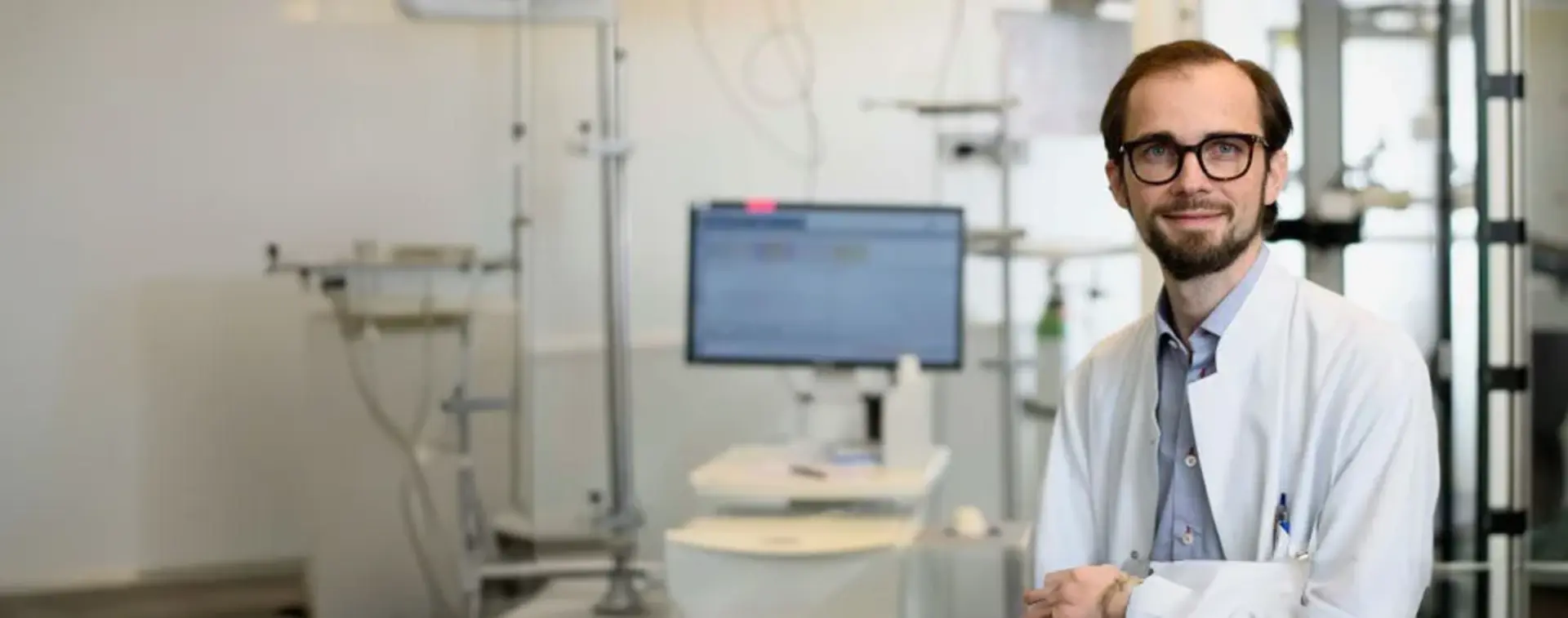About the project
NAPKON is a nationwide research project that uses patient data (clinical data, image data, biosamples) of all degrees of severity and manifestations to map the acute and long-term COVID-19 disease (Post-COVID syndrome). The data, image data and biosamples are collected centrally in collaboration with the NUM infrastructure project NUKLEUS and made available worldwide for scientific research purposes. The aim is to generate treatment recommendations and prognosis findings from the analysis results, with a particular focus on the long-term consequences of COVID-19 disease.
NAPKON has laid the foundation for a national recruitment infrastructure that will facilitate, coordinate and promote coordinated collaboration between doctors and scientists, and in particular the leading care centres in Germany, even beyond the pandemic. The basis for this is the joint organisational form that has been developed, which includes a joint data protection concept, coordinated study protocols and standardised work instructions for data and biosample collection.
The aim of NAPKON in the second funding period is to generate findings, particularly on the long-term consequences of infection with the SARS-CoV-2 virus, and to strengthen cooperation between the recruiting centres and research institutions. To this end, the high-quality cohort of patients with COVID-19 introduced in NAPKON 1.0 is to be completed for an in-depth mapping of the disease and the collected data and biosamples analysed.
The aim is to comprehensively investigate the acute and, in particular, long-term consequences of COVID-19 in order to generate important insights for treatment and the prevention of serious consequences.
The challenge for NAPKON was to create a joint recruitment platform with common standards for the network of university clinics, non-academic hospitals and GP practices, to strengthen these and to complete the data and biosample collections under high time pressure, scarce resources and busy staff in the care facilities.
The SARS-CoV-2 virus with its mutations and the changes in vaccination recommendations have repeatedly created a changing situation since the start of the pandemic. For the NAPKON study, this always means new research conditions that have to be taken into account and implemented. This pandemic is therefore a particular challenge for all scientists.
The scientists within the network are in regular dialogue and work together to address new challenges. Various committees have been set up in NAPKON for this purpose, which meet regularly and ensure that the ongoing processes and objectives are adhered to and that situational changes are adequately addressed. Interdisciplinary dialogue is also of particular value here.
Since November 2020, more than 7,000 patients have been recruited, whose participation in the study is what makes research into the disease possible in the first place. The patients will be monitored and repeatedly examined until the end of 2024. The NAPKON study is characterised by the fact that it uses three different patient collectives to collect data and biosamples that show the course of the disease from different perspectives: within the general population, within outpatient and inpatient care and within more severe courses.







